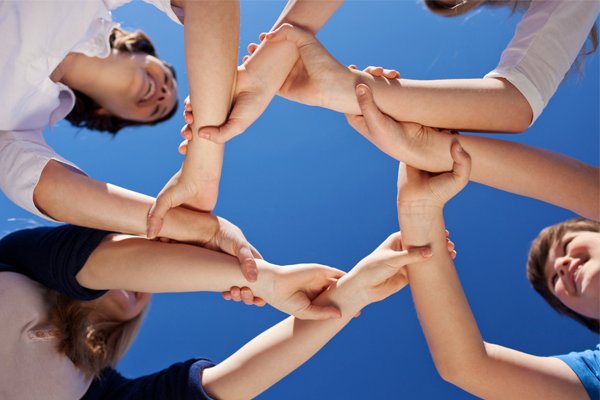The role of NGOs in today’s society and their social function
In today’s world we face enormous challenges. The challenges are of all kinds: social, environmental, economic, etc. The role of NGOs in dealing with them is critical.
The work of NGOs is indispensable in underdeveloped countries, but also in rich countries. In the first world there is also poverty. In the most economically developed countries there are also people who have difficulty meeting basic needs such as eating or having a decent home.
What is the role of NGOs in society?
Before delving into the role of NGOs in society, it is worth clarifying what is meant by this type of organization. The acronym Non-Governmental Organization encompasses those entities that are independent of the public administration, fulfill social and humanitarian purposes, and are also non-profit.
There are many types of NGO. Regardless of their field of action (local, national or international) and their legal form (association, foundation, cooperative), NGOs focus their activity to achieve positive changes in families, communities or on the planet. Its purpose is not to earn money to profit, but a better world in which the rights of all people are guaranteed.
Some of the main functions of NGOs:
• Raise awareness in society about social, humanitarian and environmental causes.
NGOs play an essential role in informing and sensitizing society about problems that affect the global world such as poverty, inequality, injustice, humanitarian crises, population displacement or climate change. These challenges require public awareness and participation, so the work of NGOs as mobilizing agents of today’s society is essential.
• Promote social transformation projects.
Although there are many NGOs and causes, most of us have a common mission: to protect the poorest and most disadvantaged people. Intergenerational transmission of poverty often occurs, so it is essential to intervene in the structural causes that perpetuate poverty and social injustice.
Thanks to the support of our partners, partners, institutions and collaborating companies, Ayuda en Acción has already transformed the lives of millions of people who today have a better life.
• Promote the participation of people to be protagonists of their own development.
Most of the projects promoted by development cooperation organizations in underdeveloped countries are carried out with the involvement of the people we support.
We work linking people to projects from the beginning to ensure that they can continue once our organization leaves the territory. This is key to avoid dependence on the beneficiaries and also to ensure the sustainability of the projects.
• Strengthen citizens so that they are aware of their rights and can demand them.
We all have civil rights, but also social, economic and cultural rights. The work of NGOs is invaluable so that the most vulnerable people can access knowledge of their rights.
From Ayuda en Acción we carry out in many countries training plans for women, men and also young people and children -especially in rural communities- to inform them about the rights they have.

